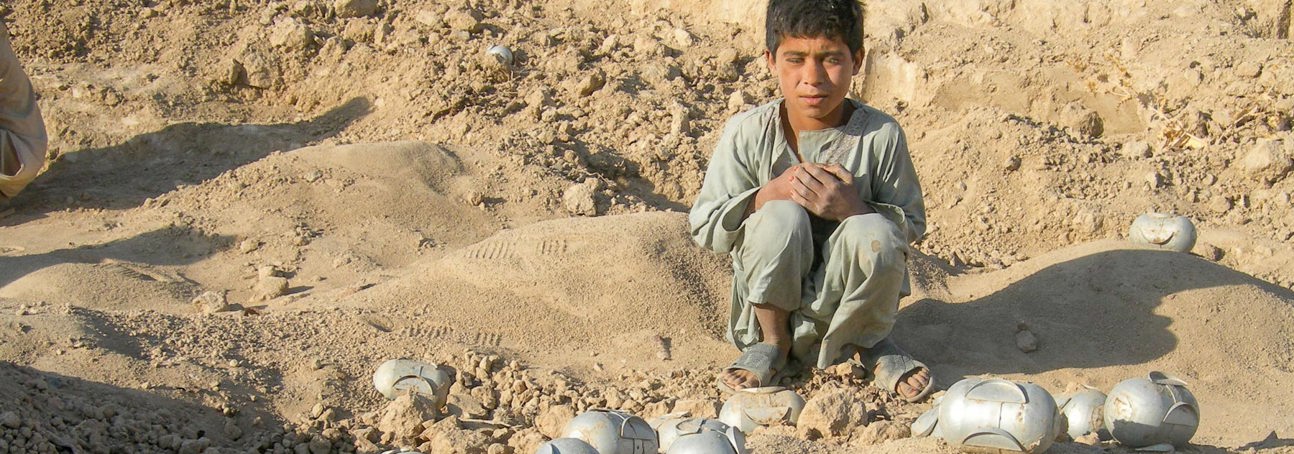A new report by The HALO Trust says at least 6.4m Afghans are at risk of unexploded ordnance, with children accounting for 80% of blast fatalities and injuries.
HALO, the world's largest landmine charity, estimates that around 40 children are killed or severely injured every month while scavenging for scrap metal to sell to support their families. The charity fears that the real figures are likely to be much higher.
Afghanistan remains one of the most landmine-contaminated countries in the world – surpassed only by Ukraine. An area larger than the city of San Francisco is thought to be littered with unexploded ordnance.
The report shows that explosives contamination impacts approximately 20% of the population, including 100,000s of Afghan refugees forcibly returned from Pakistan and Iran in recent months.
Afghanistan is one most conflict-affected and underdeveloped nations, with 14.8m people facing acute food insecurity (UNOCHA). The economic cost of explosives accidents is staggering, with each fatality representing an estimated lifetime loss approximately equivalent to $37,625 in 2025. A disability results in a loss of around $29,101.
HALO has cleared over 800,000 landmines and 11m pieces of unexploded ordnance since it started work in Afghanistan in 1988. However, a decline in international donor support for the country has led to a recent drop in staff from 2,200 to 1,000 and is at risk of dropping further. With more funding HALO could expand its lifesaving activities to support one in five Afghans.
Dr Farid Homayoun, HALO Afghanistan Programme Manager, said: "Afghanistan is now a forgotten humanitarian problem. The Afghan people have struggled for over four decades of conflict, displacement, poverty, and we need the international community to continue to support people to the end of this journey and not leave them stranded halfway through."
A survey undertaken by HALO in 2024 showed that beneficiaries of landmine clearance reported a 30% increase in annual income due to better economic opportunities, improved agricultural productivity, and access to roads and farmland, with cattle farmers reporting a further 70% increase in livestock ownership.
HALO's work enables the safe resettlement of IDPs and returnees, provides stable employment for over a thousand Afghans, and facilitates the reconstruction of important cultural heritage sites, such as the minarets of Herat.


